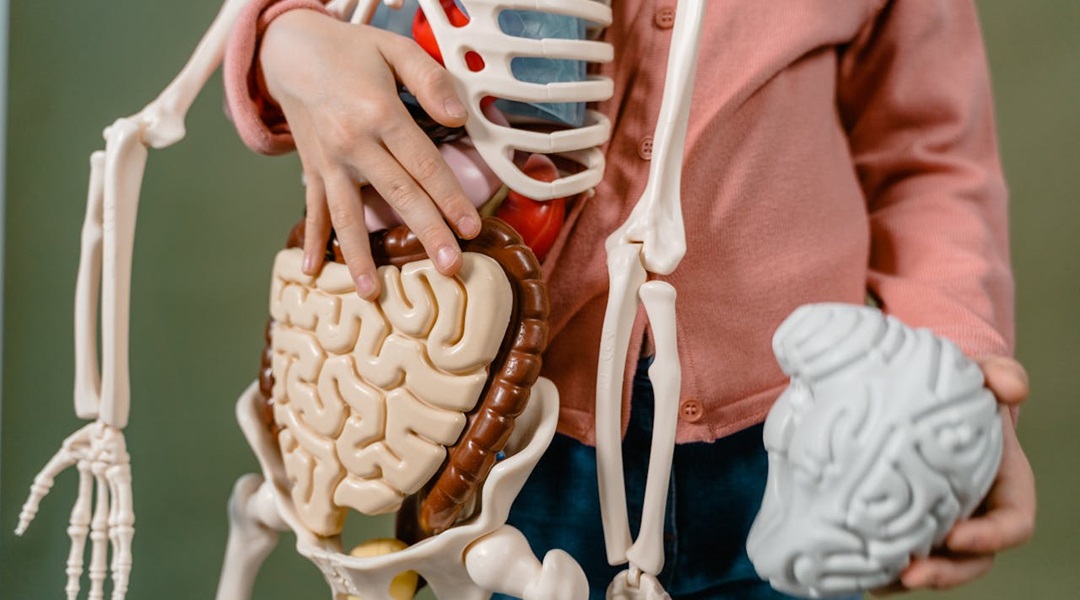Obesity has long been linked to weaker bones and a greater risk of fractures, yet the mechanisms behind this connection have remained unclear. New research highlights an unexpected factor: gut microbes. Scientists found that obesity-related changes in microbiota in the intestine can trigger inflammation and accelerate ageing in the immune system, damaging bones in the process.
The microbiota is a collection of trillions of tiny organisms—like bacteria, viruses, and fungi—that form a complex, living ecosystem within our gut. The balance of these microbes changes depending on our diet, stress levels, and diseases like obesity. Because the microbiota is closely linked to other organs, disruptions to that balance not only affect our digestion but also things like the brain and the immune system.
Building on this idea of a gut–organ axis, a research team led by Chang-Jun Li at Central South University, China, transplanted gut microbiota from obese mice into healthy mice. They observed that the healthy mice began to lose bone density as a result.
The microbiota from the obese mice caused certain bone marrow immune cells called macrophages to age prematurely. This process is known as senescence. The senescent macrophages then produced high levels of a protein called grancalcin (GCA). When the scientists blocked GCA in mice, either by removing the gene or using a special antibody, they were able to prevent or even reverse bone loss.
To see whether this connection also applies to humans, the team studied individuals with obesity. Indeed, they discovered that obese individuals had higher levels of GCA in their blood compared to their healthy peers. The researchers therefore suggest that a previously unrecognised gut–immune–bone axis may play a key role in obesity-related bone loss.
As obesity rates continue to climb globally, understanding and interrupting this gut-to-bone signalling pathway could offer a new strategy to prevent fractures and maintain skeletal strength in at-risk populations. Chang-Jun Li and his team hope that interventions aimed at the microbiota, or at blocking GCA, could help preserve bone health in people with obesity.
Featured image: Photo by MART PRODUCTION via Pexels










